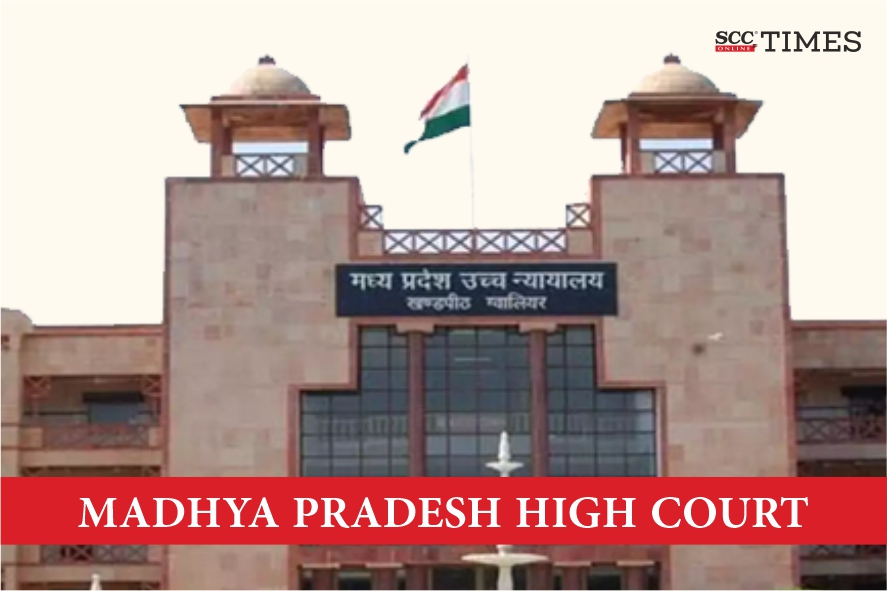Madhya Pradesh High Court: In an appeal pertaining to the issue of whether a Court can direct a spouse to pay permanent alimony in the absence of a formal application under Section 25 of the Hindu Marriage Act, 1955, a single-judge bench of Gajendra Singh,* J., held that permanent alimony cannot be granted unless a specific application is made and set aside the impugned order granting permanent alimony.
In the instant matter, the lower court granted permanent alimony despite the absence of an application. Aggrieved by this, the appellant/respondent challenged the impugned order and contended that the award of permanent alimony was erroneous as no formal application was filed seeking such relief.
However, the respondent argued that the court, while deciding matrimonial disputes, has the inherent jurisdiction to do complete justice. It was contended that the relief of alimony should not be denied merely due to a technical lapse in filing a formal application.
The Court disagreed with the view that courts can grant alimony without an application as held in the precedents cited. The Court noted that it is clear from the precedents cited that “atleast an application demanding permanent alimony is required, that may be either in a written statement or by a separate application.”
The Court held that the provision under Section 25 of the Hindu Marriage Act explicitly states that permanent alimony can be granted only upon an application made by the concerned spouse. The Court stated that a court cannot assume the power to grant permanent alimony in the absence of such an application and doing so would be contrary to the express provisions of the law.
The Court held that since no application was filed by the respondent, the award of permanent alimony is unsustainable in law and was accordingly set aside. The Court acknowledged that the respondent had the liberty to file an appropriate application before the competent court if they wished to seek such relief.
[Ghanshyam Baser v. Jyoti, 2025 SCC OnLine MP 2858, Decided on 27-03-2025]
*Judgment by Justice Gajendra Singh
Advocates who appeared in this case :
Shri Tushar Bhedasgaonkar, Counsel for the Appellant






